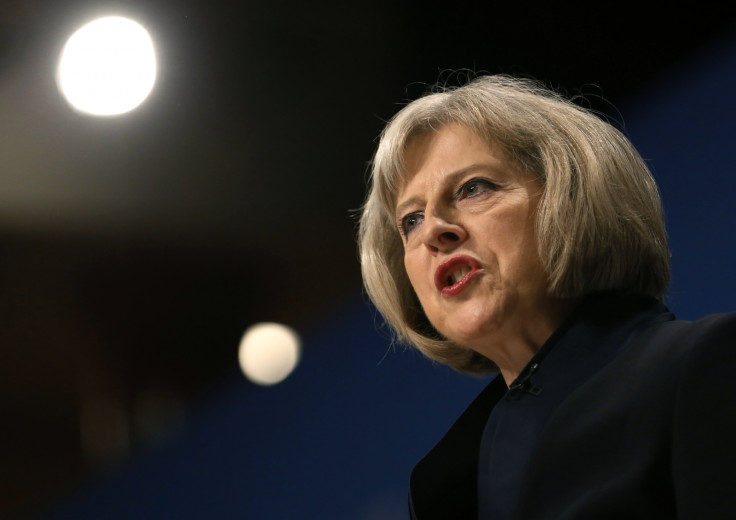Snooper's charter: Report urges overhaul of UK's 'undemocratic and unnecessary' surveillance laws

The UK security services should be allowed to retain the right to gather communications data but only if the current laws are drawn up "from scratch", a terror watchdog recommends.
The report by David Anderson QC, entitled A Question Of Trust, described the current surveillance laws as "undemocratic and unnecessary" and urged new laws covering how security services monitor people's phone and internet records.
He called for a "comprehensive" review of the laws, included several recommendations on how to replace the Regulation of Investigatory Powers Act 2000 (RIPA) and the dozens of other statutes authorising the collection of communications data.
Anderson suggests UK intelligence agencies should be able to keep the power to collect bulk communications data in the interest of public safety and top combat serious crime, but judges – rather than ministers such as Home Secretary Theresa May– should be the ones who issue the warrants.
The report added ministers' role in acquiring warrants should be limited to the interests of national security only.
The 373-page report was published in response to the surveillance revelations revealed by NSA whistleblower Edward Snowden two years ago and after the then coalition government rushed emergency surveillance laws through Parliament last year.
Anderson said: "Modern communications networks can be used by the unscrupulous for purposes ranging from cyber-attack, terrorism and espionage to fraud, kidnap and child sexual exploitation. A successful response to these threats depends on entrusting public bodies with the powers they need to identify and follow suspects in a borderless online world.
"But trust requires verification. Each intrusive power must be shown to be necessary, clearly spelled out in law, limited in accordance with international human rights standards and subject to demanding and visible safeguards.
"The current law is fragmented, obscure, under constant challenge and variable in the protections that it affords the innocent. It is time for a clean slate. This report aims to help Parliament achieve a world-class framework for the regulation of these strong and vital powers."
The current law is fragmented, obscure, under constant challenge and variable in the protections that it affords the innocent. It is time for a clean slate
One of the main changes in the report suggests that all warrants should be judicially authorised by new body the Independent Surveillance and Intelligence Commission – rather than ministers – a move which looks to be met with opposition by Westminster following the Tories' push for the new laws after they were opposed by their former coalition partners the Lib Dems.
The new laws were described as a "turbo-charged snooper's chart" by former Lib Dem leader Nick Clegg.
Anderson also recommends the definition of communications data – currently described as the who, when and how but not the content of an email or phone call – should be "reviewed, clarified and brought up to date" as well as supervision of its use.
He said that agencies should be allowed to continue "bulk collection" of intercepted material but only if "strict additional safeguards" be introduced.
Anderson added: "RIPA, obscure since its inception, has been patched up so many times as to make it incomprehensible to all but a tiny band of initiates. A multitude of alternative powers, some of them without statutory safeguards, confuse the picture further. This state of affairs is undemocratic, unnecessary and – in the long run – intolerable."

Speaking to the Commons following the publication of the report, May said the government will publish a draft surveillance bill in the autumn, with the intention of a proper bill being introduced by early next year.
It is not known how many of the recommendations – if any – in the report the draft bill will implement, including that May be stripped of her power to authorise snooping on e-mails and phone calls.
Eric King, deputy director of campaign group Privacy International, said: "The message cannot be clearer: wholesale reform of Britain's surveillance laws is needed. Not some tweaks, or a change here and there, but full root and branch reform. Our system of governance and oversight hasn't worked. It took Edward Snowden, a whistleblower from another country, to shine a light on what was being done in our name, and get us to where we are today.
"We now need to start again, debate and discuss every aspect of the vast and incredibly intrusive powers we provide the police and intelligence agencies. David Anderson's strong recommendations for improvement are the first step towards reform, and now the burden is on the government, Parliament and civil society to ensure that reforms go further and ensure that once and for all, our police and intelligence agencies are brought under the rule of law."
© Copyright IBTimes 2025. All rights reserved.






















